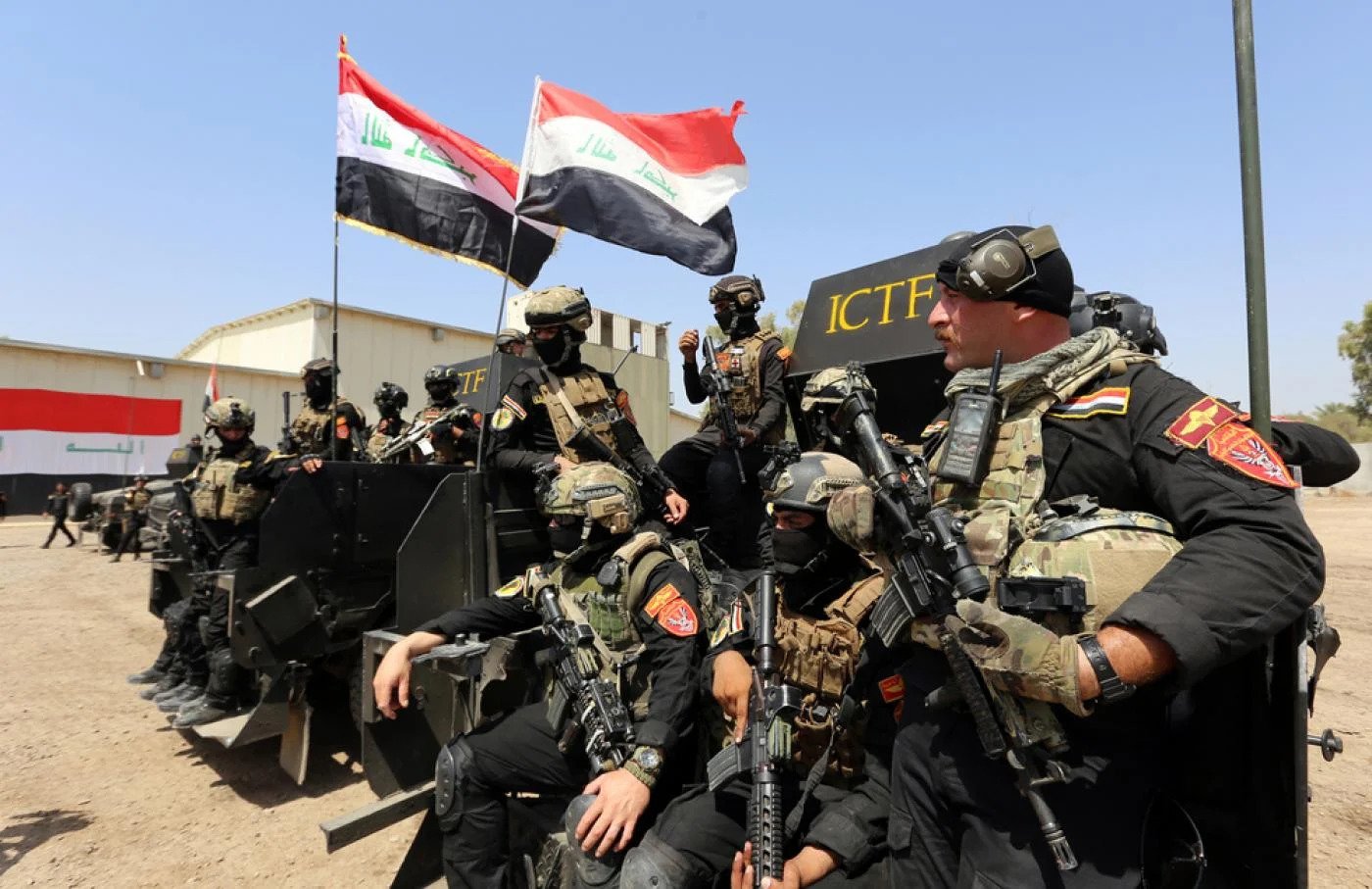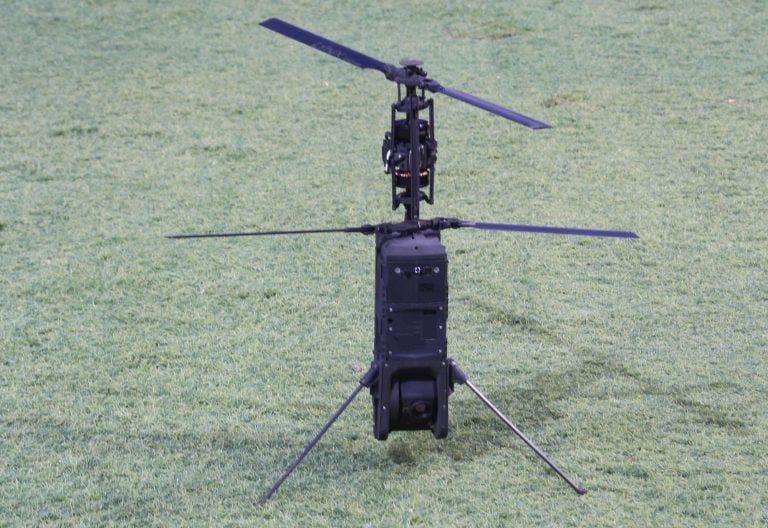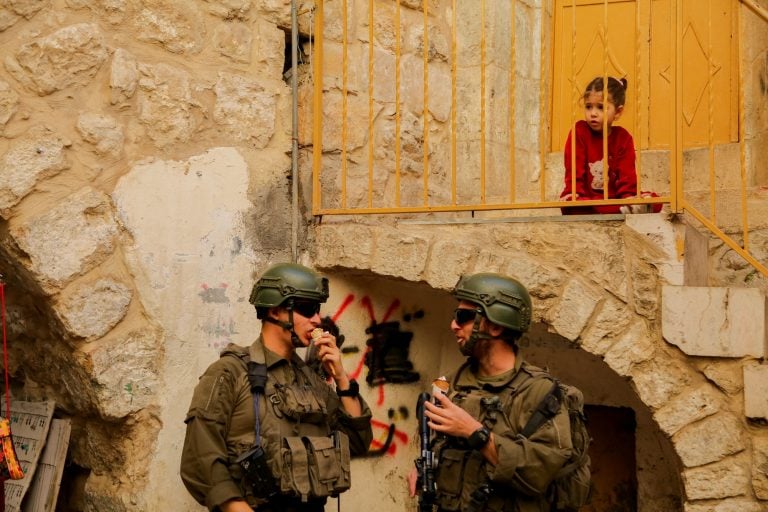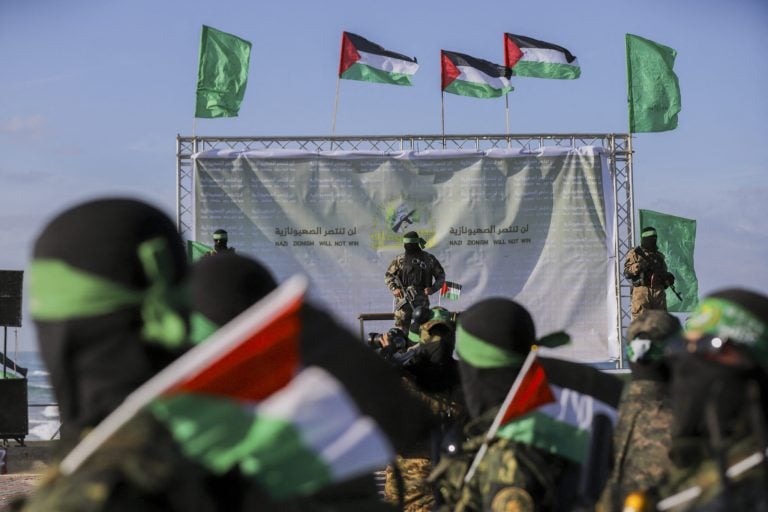Iraq announced on Tuesday its intention to investigate a series of suicide drone attacks that targeted radar systems at two of its military bases. The attacks, which occurred early in the morning, involved multiple small drones that aimed at several military sites, resulting in significant damage to the radar systems at Camp Taji, located north of Baghdad, and at the Imam Ali Base in Dhi Qar Province in southern Iraq. Fortunately, no casualties have been reported.
The military spokesman for the Iraqi prime minister, Sabah al-Numan, condemned the attacks as “cowardly and treacherous” and stated that Iraqi forces managed to intercept several additional drone incursions aimed at four other sites across various locations. These thwarted attempts were intercepted before the drones could reach their targets.
Following the incidents, Prime Minister Mohammed Shia al-Sudani called for the establishment of a high-level committee dedicated to investigating the attacks and determining those responsible. An anonymous security source disclosed that the first attack occurred at the Taji base, with a follow-up strike hitting the radar at the Imam Ali airbase in Dhi Qar shortly thereafter. Another drone was reported to have fallen just 10 kilometers west of Baghdad International Airport, where U.S. troops are stationed as part of an anti-jihadist coalition.
No claims of responsibility for the drone strikes have emerged, adding to the mystery surrounding the incidents. The drone strikes coincided with heightened tensions in the region, particularly following Iran’s missile attack on a U.S. military facility in Qatar, which was framed as a response to recent U.S. actions against Iran’s nuclear facilities. This backdrop of escalating hostilities has led to speculation that the unidentified drone strikes might have deeper geopolitical implications.
A source affiliated with Iran-backed Iraqi factions claimed that these groups have no involvement with the drone attacks, while another indicated that they speculate possible links to Israel or the United States. A senior security official mentioned the uncertainty surrounding the launch’s origins, stating, “We don’t know yet if the drones were launched from inside or outside Iraq.”
Iraq has long balanced its relationships between Tehran and Washington, navigating through a complex landscape that has often made it a battleground for proxy conflicts. The recent drone incidents come at a time when Baghdad is striving to prevent the spillover of regional violence onto its territory, especially in light of increasing threats from Iran-backed factions who have indicated they would respond to any U.S. involvement in the ongoing Israel-Iran conflict.
As Iraq aims to safeguard its stability, which it has only recently begun to recover after years of conflict, the implications of these drone attacks remain to be seen, particularly concerning the nation’s security and the potential involvement of external actors in its ongoing struggles.







